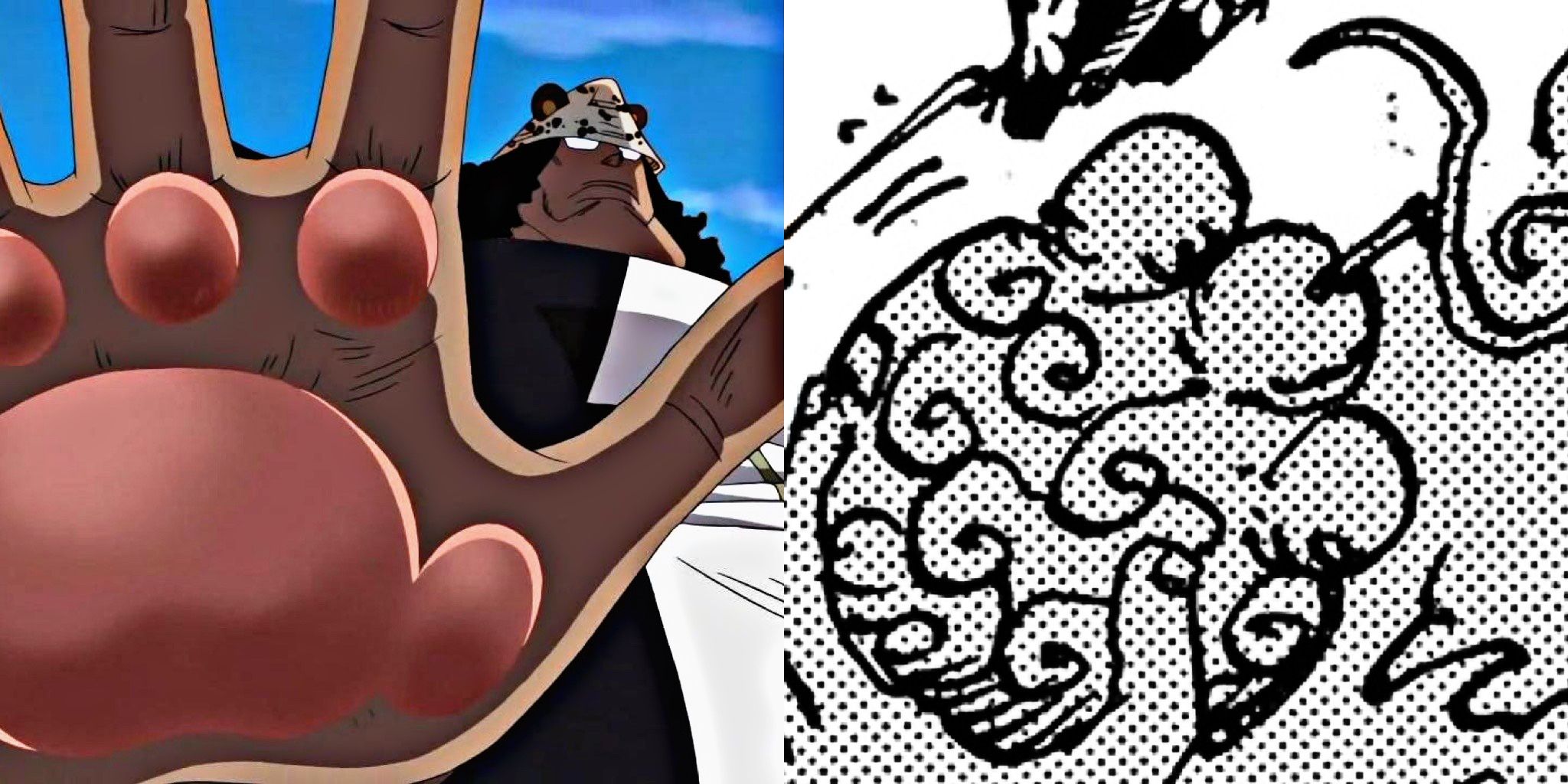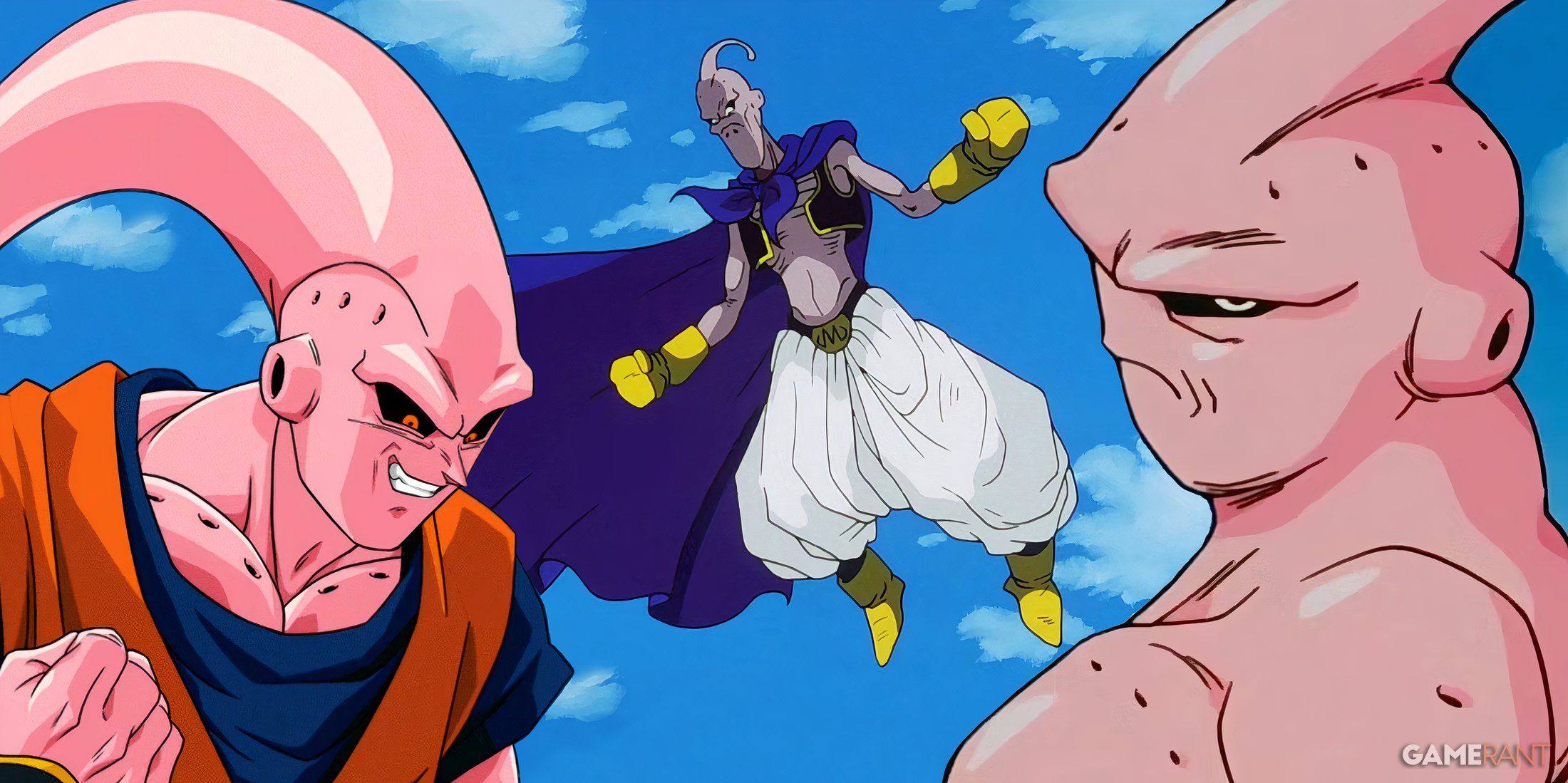Since feminism can be used as a metric to consider a work of art/entertainment acceptable through its lens, can and should Kill La Kill be considered feminist? The fanservice-heavy nature of Kill la Kill can be tied to the sex-positive nature of modern feminism, and the series, through its set of components, is indeed feminist, even if that was not the intent of the writers.
Kill La Kill is a satire that deconstructs feminine stereotypes, and the aggressive incorporation of what can be deemed pure fanservice and/or unnecessary, the embrace of sexualization and sexism, such as how the male gaze is portrayed, the anime has enough elements to be considered feminist. Also, Kill La Kill is shonen, and showing teenage boys, the intended audience, that women can be empowered even if using skimpy clothes, as well as showing them that it is not normal to think of girls in uniforms as fetishism or even drooling at them because of their clothes – or lack thereof – spreads important feminist messages to a group that can change, even if with baby steps, how they will treat women in the future. Therefore, if the alleged fanservice is used with the purpose of deconstruction, it is not even fanservice at all – it is one of the feminist elements incorporated into the fibers of Kill La Kill that makes it distinguishable until today.
Fleshed-out Relationships Between Females
Another point is how the relations of women are portrayed and developed in Kill La Kill. In the second half of the anime series, the relationship between Ryuuko and Satsuki is explored, after the revelation that they are sisters, in episode 20. The sisters’ relationship starts strained and then evolves, as it is further revealed that their mother, Gayo, is the one that ordered the murder of Ryuuko’s father. Before that, Satsuki had no idea that Ryuuko was the sister that had allegedly died as a result of Ragyo’s cruel experiments. This initial relationship, therefore, was solely established based on Satsuki’s wish to see Ryuuko become a proper tool to make Honnouji more powerful as a school, as well as Ryuuko’s need to defeat her.
For all that, some form of respect is inspired between these two unaware sisters at that point, through this antagonistic relationship, which exemplifies the traditionally masculine and physically competitive, and violent relationship depicted in most other anime. With Kill La Kill’s appropriating this relationship to two women, these two then subvert the traditional trope and narrative of women as passive observers in times of conflict.
Female friendship and motherly nature are strongly emphasized in this show. All of Ryuuko’s closest friends are women. The orphan, Ryuuko, is, even though not formally, adopted into Mako’s family, and accepts the love of her friend’s family, especially her mother’s, Sukuyo, who often calms her. Sukuyo’s role in Ryuuko’s emotional development and growth is central to the plot. Despite having no blood tie with Ryuuko and not understanding her conversations with Senketsu, Sukuyo encouraged the girl to go back and fight for the sake of the ones she lost to her birth mother. Even if her actions in the anime lack grandiosity, she is the exemplification of the maternal connection frequently overlooked in anime.
Another important point in the plot is brought about by Ryuuko’s female friend, Mako. This is the initial true and radical feminist act in Kill La Kill, which takes place in episode 3. Mako declares that Ryuuko looks quite good while wearing Senketsu and that she should not be afraid of showing off, which the latter takes as a reason to truly wear Senketsu and own it. Besides inspiring her friend, this act functions as an interruption of violent competition to show support for a fellow woman.
No Conflicts Over Love Interests
Conflicts, in Kill La Kill, are not related to love interests. While the stereotyping renders female characters competing over a love interest, with women being painted as catty and selfish, the competition in Kill La Kill is over the dignity of women. Also, there is zero competition over any possible love interest in this journey where the main women in the plot end up empowered through their actions, discoveries, and their growth path.
Senketsu Reflecting Ryuuko’s Empowerment
Near the end of the story, when Senketsu is shown as Fashion Week, its least revealing form, which looks more like a prom dress, this is a potential reflection of Ryuuko’s ascent into womanhood, expressing her finally acquired comfort with her femininity, which is an empowering and feminist act.
Verdict: Should Kill La Kill Be Considered Feminist?
The short answer to this question in the title hereof is ‘yes’. Nevertheless, this is a discussion that has not reached a consensus yet, almost two decades after the anime series was released, and it can also be said that, when analyzed in hindsight, the long-term messages it helped spread are not only restricted to the feminist elements of the show, but it goes way beyond all that, and its underlying themes are still relevant today, whether analyzed through feminist lenses or not, this remains undisputed.
Labeling Kill La Kill as feminist only would be simplistic, while the truest feminist act, in this case, would be to take the lessons that can be learned by analyzing the anime through a feminist lens and apply them to real life, and help cease the perpetration of what is criticized in this story.




.jpg)



